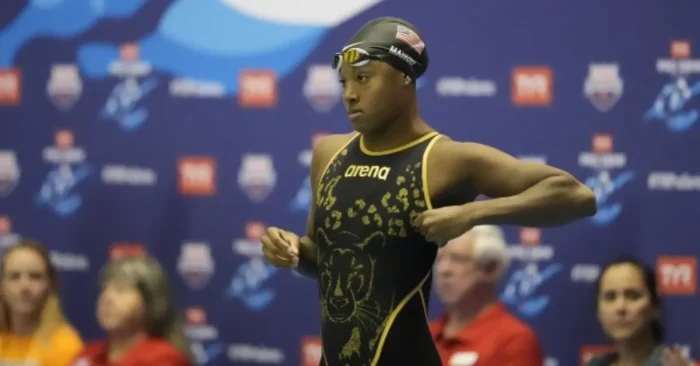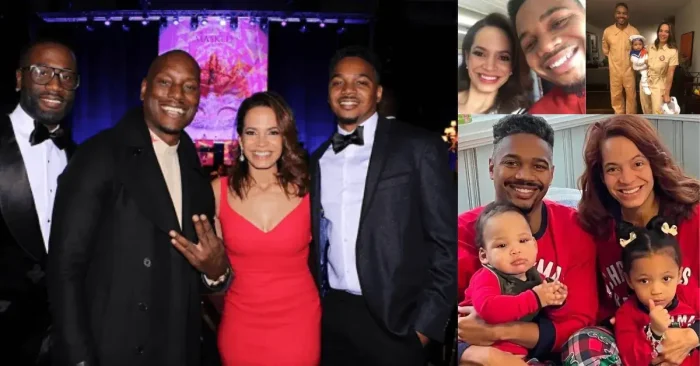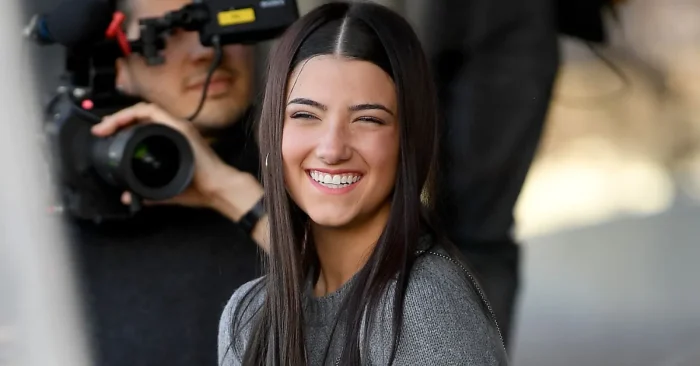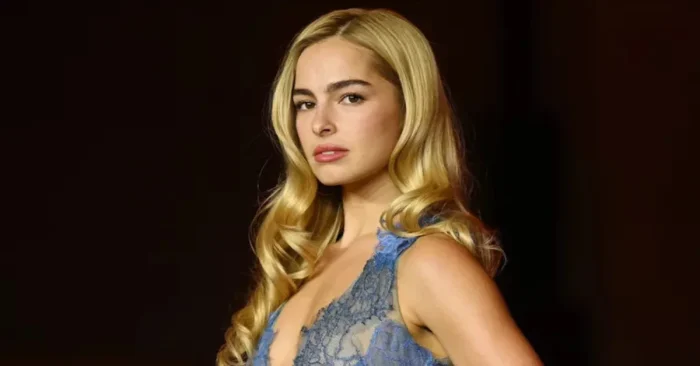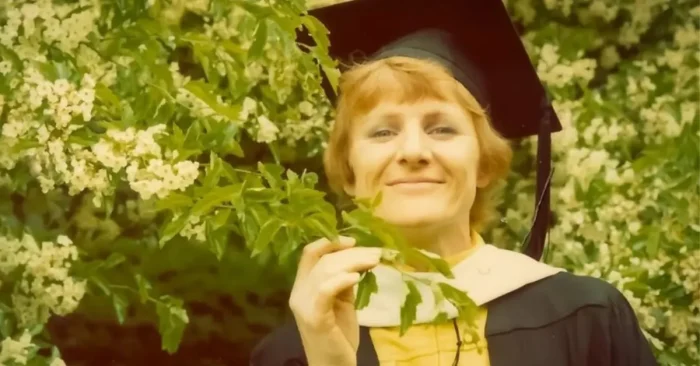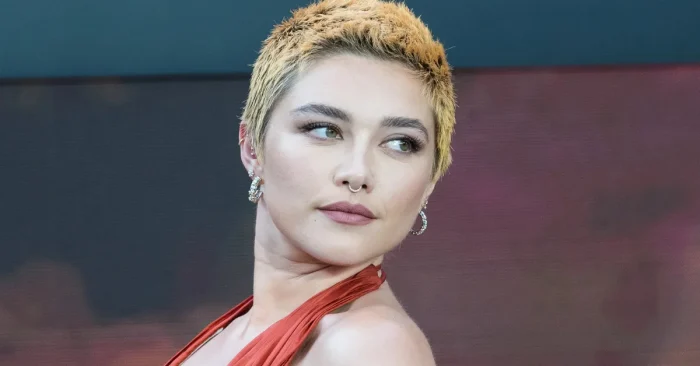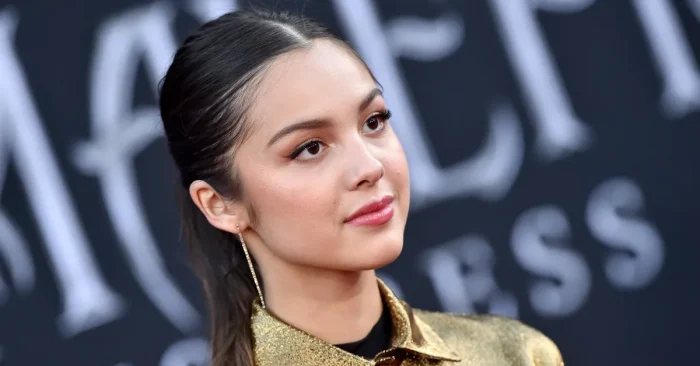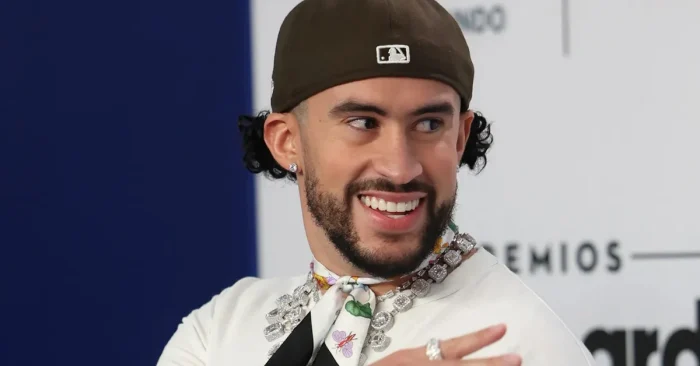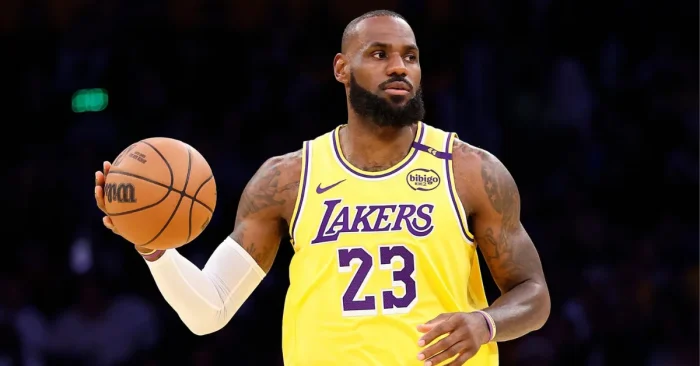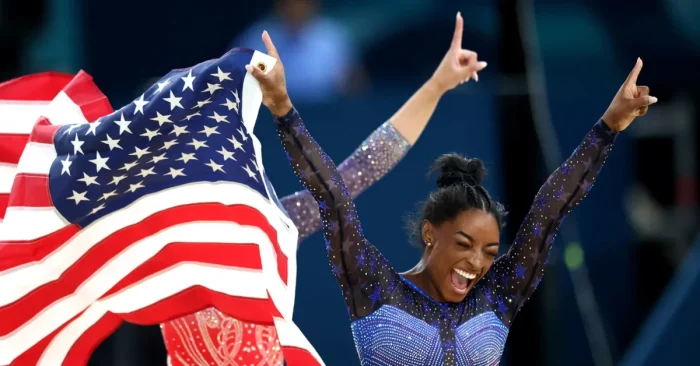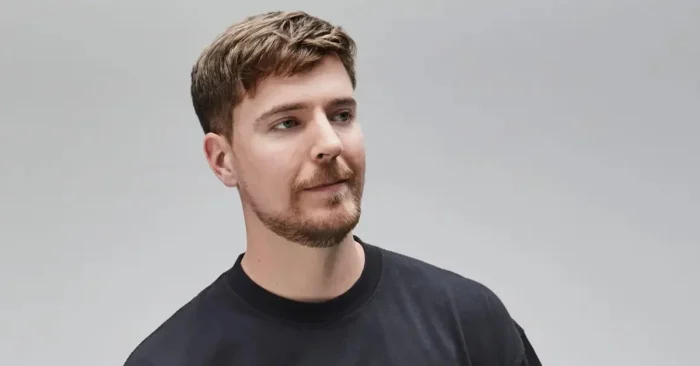Simone Manuel – Biography
Early life and upbringing
Simone Manuel was born on August 2, 1996, in Sugar Land, Texas. Raised in a supportive family, her parents encouraged both academics and athletics from an early age. Simone started swimming at the age of four alongside her brothers. Her love for the water was immediate, and she soon demonstrated remarkable talent in the pool. Despite being in a sport with limited diversity, she pursued swimming with determination and passion.
Early training years
Manuel trained at the First Colony Swim Team in Texas, where her potential quickly became evident. Her natural speed, combined with her strong work ethic, allowed her to excel in age-group competitions. She balanced intense training with her academic studies, eventually earning a scholarship to Stanford University, one of the premier collegiate swimming programs in the United States.
Stanford swimming career
At Stanford, Manuel flourished under coach Greg Meehan. She became a key member of the team, breaking school and national records while earning multiple NCAA championships. Her performances in collegiate swimming established her as one of the top sprint freestyle swimmers in the country and positioned her for international competition.
Breakthrough on world stage
Simone’s international breakthrough came at the 2015 World Championships, where she helped secure a bronze medal for Team USA. This success boosted her confidence heading into the 2016 Rio Olympics. Her powerful starts, strong finishes, and calm composure under pressure made her a standout competitor leading into the games.
Historic Rio Olympics
At the 2016 Olympics, Manuel made history by winning gold in the 100-meter freestyle, tying with Canadian swimmer Penny Oleksiak. She became the first African American woman to win an individual Olympic gold medal in swimming, breaking racial barriers in the sport. In addition to her gold, she earned another gold in the 4×100-meter medley relay, and two silver medals, cementing her place as one of the standout athletes of the games.
Impact and significance
Manuel’s Olympic success resonated far beyond the pool. In a sport where Black swimmers have historically faced limited representation, her victories carried powerful social significance. She became a role model, inspiring young athletes from underrepresented communities and advocating for greater diversity and inclusion in swimming and athletics overall.
Post-Olympic career
Following Rio, Manuel continued to excel in international competitions, winning multiple medals at World Championships. In 2019, she became the first American woman to win both the 50-meter and 100-meter freestyle at a single World Championships. Her dominance in sprint events confirmed her status as one of the best freestyle swimmers globally.
Challenges and comeback
Leading up to the Tokyo Olympics, Manuel faced physical and mental challenges, including overtraining syndrome. Despite setbacks, she demonstrated resilience by qualifying for the U.S. team in the 50-meter freestyle. Though she did not replicate her Rio success, her determination to compete at the highest level amid adversity earned widespread respect.
Legacy and influence
Simone Manuel’s legacy transcends her medal count. She opened doors for future generations of minority athletes in swimming, sparking conversations about diversity in aquatics. Her advocacy for equality, mental health, and inclusion continues to influence both sports and broader society. As an athlete, role model, and trailblazer, Manuel has already secured a lasting place in history.
Frequently Asked Questions (FAQs)
What is Simone Manuel famous for?
Simone Manuel is famous for being the first African American woman to win an individual Olympic gold medal in swimming.
When did she start swimming?
Manuel began swimming at the age of four and quickly demonstrated natural talent in the sport.
What did she achieve at Stanford?
At Stanford, she won multiple NCAA championships and broke national records, becoming a standout collegiate swimmer.
How many Olympic medals does she have?
She earned four medals at the 2016 Rio Olympics: two golds and two silvers.
What is her legacy?
Her legacy lies in breaking racial barriers in swimming, advocating for diversity, and inspiring future generations of athletes.

